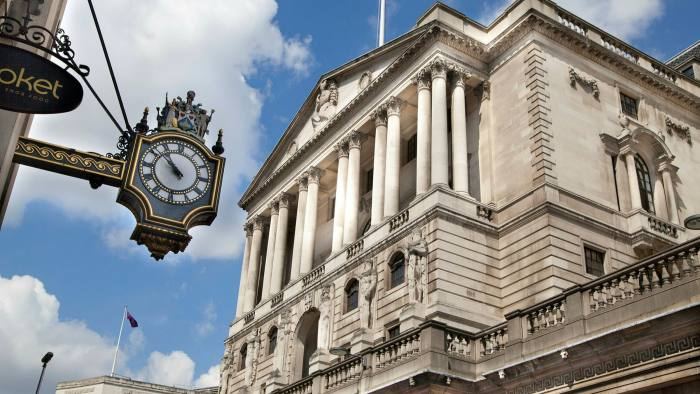The Bank of England is expected to build back its war-chest for fighting the coronavirus crisis on Thursday by announcing an increase of at least 100 billion pounds ($125 billion) in its bond-buying programme, Trend reports citing Reuters.
The British central bank has already spent most of the 200 billion pounds of fresh firepower it gave itself in March as it soaks up much of the government’s COVID-19 borrowing.
With its key interest rate at just 0.1%, Governor Andrew Bailey has said the BoE will contemplate going below zero for the first time, but the review will take time.
That leaves bond-buying as the central bank’s most powerful option to help steer the world’s fifth-biggest economy away from its record 25% slump in March and April.
By buying up so much debt - almost all of it issued by the government - the BoE is keeping a lid on borrowing costs paid by businesses and consumers, as well as the public sector.
It is also trying to steer inflation back to its 2% target. Inflation was just 0.5% in May.
Another 100 billion pounds would give the BoE enough ammunition to keep on buying bonds at its current pace until August.
By then it should have more of an idea how quickly Britain’s economy is recovering, something which will depend largely on how fast the government lifts its COVID-19 restrictions.
Prime Minister Boris Johnson is reviewing Britain’s two-metre social distancing rule which many companies, especially in Britain’s huge services industry, say is a big obstacle.
Economists will scour the BoE’s 1100 GMT announcement for any sign that the pace of bond-buying will slow, now that markets have calmed since the turmoil of March, and for any signals about its next steps.
Other central banks around the world have ramped up their bond-buying programmes to fight the coronavirus crisis. But the BoE also has to contend with the prospect of another shock to Britain’s economy if London and Brussels fail to strike a post-Brexit trade deal by the end of 2020.






